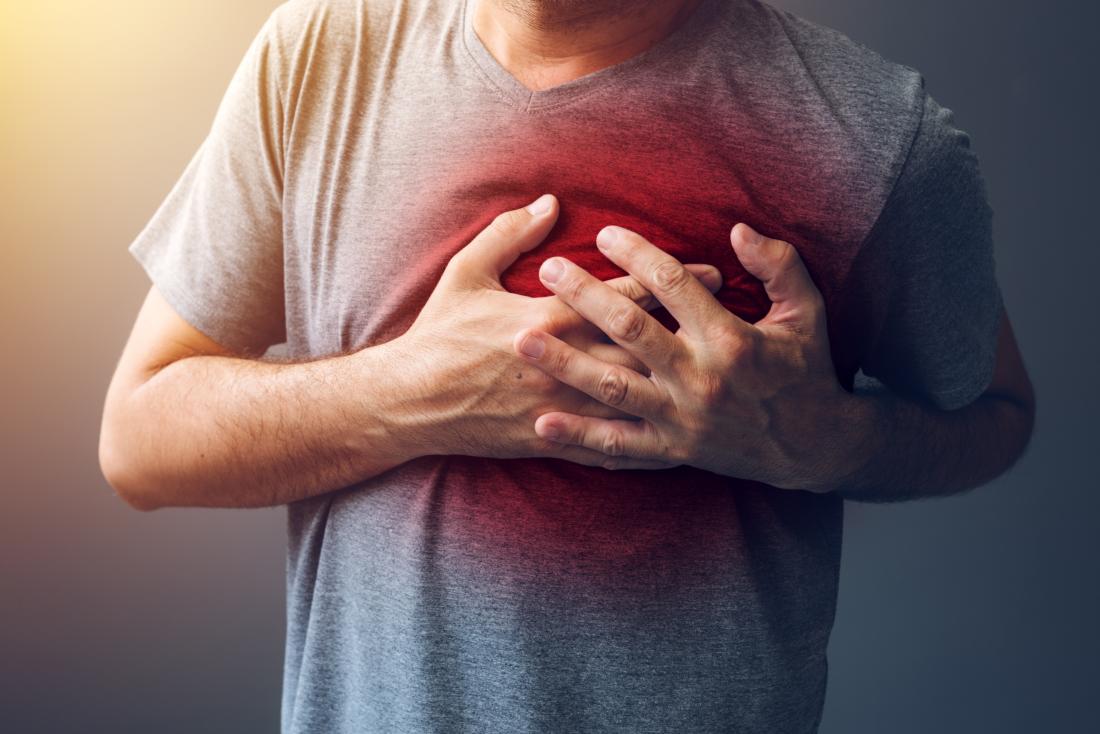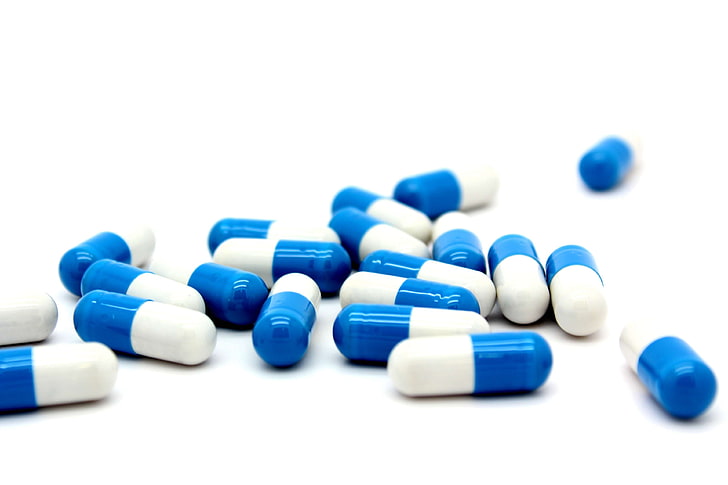Heart problems are rising at a rapid rate in youngsters. Certain factors like smoking, stress and Covid-19 are putting their heart in danger. It is the need of the hour for the younger population to embrace a healthy lifestyle consisting of a well-balanced diet, and physical activity. De-stress, and those with Covid need to go for regular screening of their heart as recommended by the doctor.
Recently, a rising number of heart problems have been diagnosed and reported among the younger population (those in their 40s, and 30s). The patient Rahul Shetty, ( name changed)a 30-year-old resident of Chembur, Mumbai who was a chronic smoker encountered chest pain when consulted a local doctor who gave him acidity medicine. But, the pain didn’t subside and he went to another doctor in the evening who advised an ECG. To his dismay, the ECG confirmed a heart attack. He suffered from a heart attack. He underwent emergency angioplasty.
Another34-year-old patient Mr. Shah ( name changed) consultant by profession, a resident of Chembur with no previous comorbidities was Covid positive on January 3, 2022. He got chest pain on January 5th and was admitted to another hospital located in the city. He was there treated for his heart disease by medication. The patient visited Zen Hospital after a week. His ECG 2D Echo and he was suspected to have a coronary artery disease- may be induced due to Covid-19 and also he had a habit of smoking. His angiography revealed that he had a critical blockage of 90% in the left anterior descending artery (LAD), and his angioplasty of the same vessel was done on the same day. The entire procedure was uneventful and the patient was discharged. There are many young patients like these who may have shown signs of heart problems but fail to recognize them on time and lose their previous lives. He is doing now his daily routine activities now.
Dr. Narayan Gadkar, Consultant Cardiologist, Zen Multispecialty Hospital, Chembur, said, “We witnessed a disturbing trend of cardiac problems in the younger population. Shifting from its routine pattern of targeting the elderly and those with existing heart issues, heart diseases have been found are now haunting the younger population too. Certain factors such as a sedentary lifestyle, obesity, hypertension, stress, smoking, high cholesterol levels, and lack of physical activity can invite heart problems at a younger age. In fact, smoking is one of the significant factors behind heart disease. It can thicken one’s blood vessels and lead to build of plaque, hamper the blood flow that can further cause a heart attack.”
Dr. Brijesh Agrawal, Cardiologist, Zen Multispecialty Hospital, Chembur underscored, “Apart from poor lifestyle choices, Covid can also damage one’s heart. Covid not only attacks the lungs but even the heart too. Many Covid patients are diagnosed with heart problems after recovering from the infection. Inflammation of the heart muscle, that is myocarditis, tends to occur in patients with COVID-19 disease. Covid may induce coronary artery disease (CAD), one of the leading causes of death worldwide, heart failure, stroke because of the inflammation of the blood vessel and hampered blood supply to the heart in some patients causing death. Worrisome signs like chest tightness, breathing difficulties, sudden palpitations, low pumping capacity, an arrhythmia that is abnormal heartbeat are red flags that need to be addressed in the patients after Covid-19 infection.”
Dr Gadkar explained, “One will have to follow good eating habits, exercise daily, maintain an optimum weight, control blood pressure, cholesterol and abnormal blood sugar levels, limit the intake of salty and sugary foods, de-stress by doing yoga and meditation, give up on smoking and alcohol. Even if you are in your 30s, go for an ECG to monitor your heart health especially if you have symptoms related to heart disease”
“Those having a family history of heart attacks should be careful. Covid-patients after recovery should go for regular cardiac checkups and opt for electrocardiogram (ECG), treadmill test, and 2D echocardiography, also known as 2D echo test,” concluded Dr. Agrawal.











